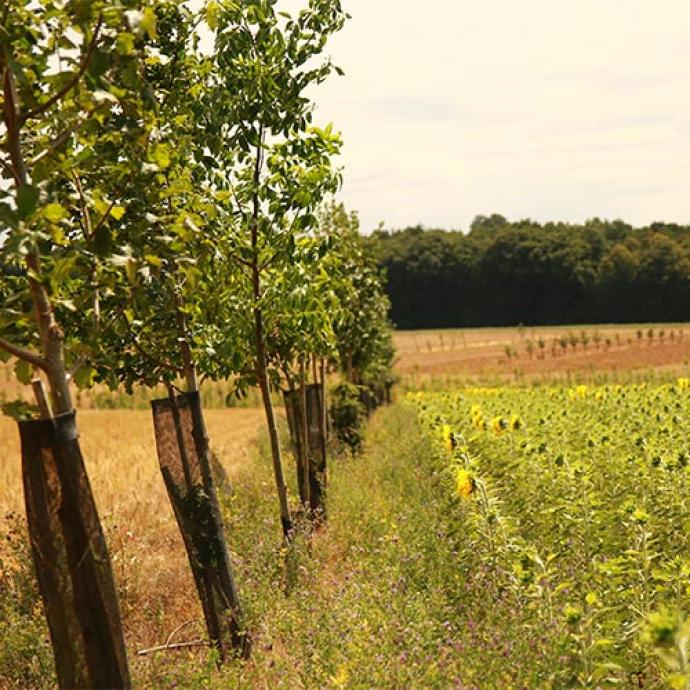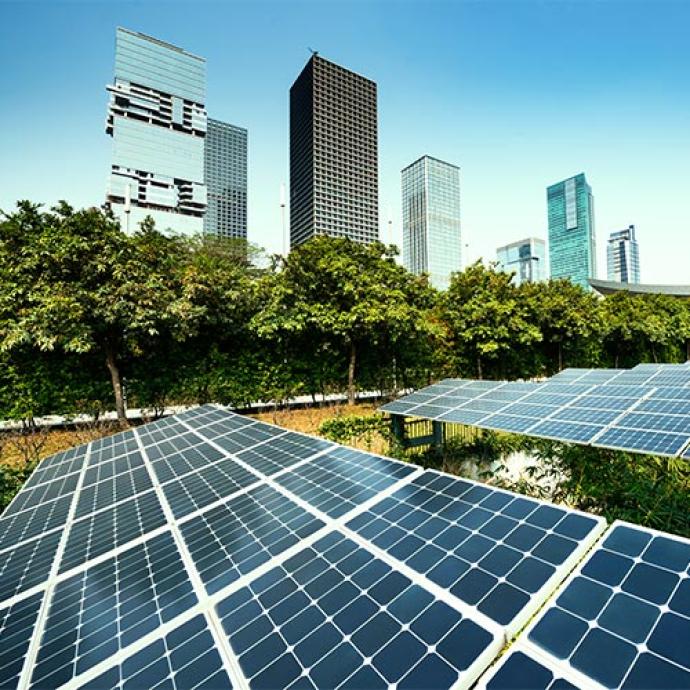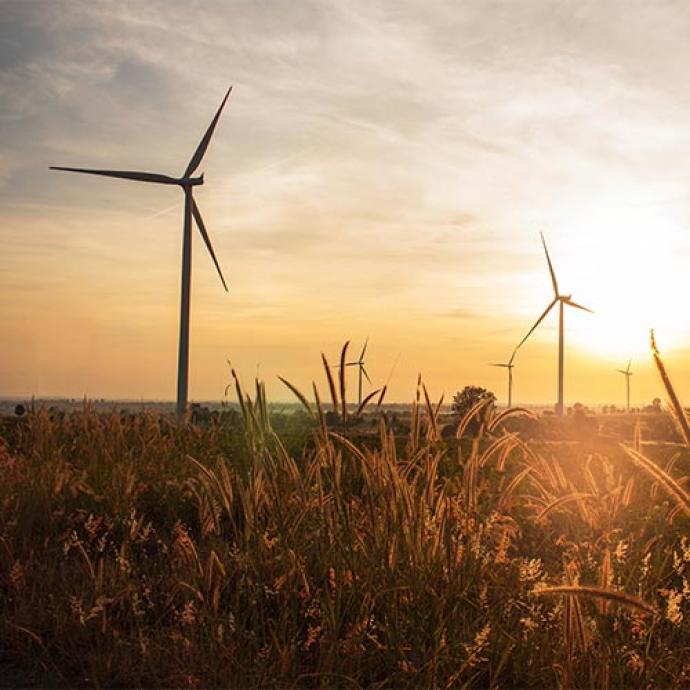La Salle network's collaborative and applied research in response to the challenges of sustainable development.
A FORUM FOR EXCHANGE AND SHARING FOR RESEARCH PLAYERS IN THE LA SALLE NETWORK
ILIASS (International Lasallian Institute of Applied Sciences for Sustainability) brings together researchers from the universities and higher education establishments in the La Salle network.
3 areas of work
Sustainable campuses
The Sustainable Campuses component of the ILIASS project aims to promote sustainable development objectives as defined by the United Nations.
By sharing best practices from Lasallian universities, it aims to reflect on how to apply sustainable development objectives and transform university sites into sustainable campuses.
Education and training
Education & Training focuses on teaching sustainable development. It aims to set up pedagogical and/or academic partnerships between Lasallian higher education establishments.
Inter-institutional exchanges around this theme will eventually lead to the creation of jointly-developed programs.
Sustainable development research
The ILIASS project, designed as a platform for exchanges between researchers in the La Salle network, places research into sustainable development at the heart of its activities.
It focuses on three key themes:
- Agroecology and sustainable agricultural systems;
- The circular economy and the social inclusiveness of sustainable cities;
- Ecotechnologies and green innovations.
SUSTAINABLE DEVELOPMENT RESEARCH
The Research component of the ILIASS project focuses on 3 future-oriented themes at the heart of sustainable development objectives

AGROECOLOGY AND SUSTAINABLE AGRICULTURAL SYSTEMS
Family farming adapts agroecological principles to local specificities, taking into account the characteristics of the soil, biodiversity, regional culture and socio-economic context. It is in this articulation between scientific principles and societal dimensions that we find one of the main levers for transforming farming systems towards greater sustainability.
The research carried out on this theme aims to gain a better understanding of what makes this combination of scientific and social factors so special, and to identify the critical key success factors. The aim is to contribute to the promotion and development of sustainable agri-food regions, both locally and internationally.
The research focuses on two areas:
- Identifying the emergence of niche initiatives considered as sociotechnical innovations, i.e. farmers and their families developing sustainable practices at the micro level.
- Extending agroecology to the scale of a territorial and/or collective entity, highlighting the essential roles played by formal and informal communities in working practices and social interactions.

CIRCULAR ECONOMY AND SOCIAL INCLUSION IN SUSTAINABLE CITIES
Rapid urbanization intersects with the need to develop more sustainable energy, food and agricultural models. These models, based on living territories and socio-economic proximity, are at the heart of this theme.
This area of research is opening up new perspectives on the circular economy as a driver of sustainability in cities, optimizing the use of material and energy resources to reduce environmental impact. Research conducted within the La Salle network focuses on social and environmental inclusiveness in urban circular economies.
More specifically, research focuses on the role of social and environmental intermediaries and institutions, in dialogue with scientific and political partners. This interdisciplinary approach is seen as an essential component of new governance structures, at both local and regional scales in urban and peri-urban areas, linking people to their social and economic lives in a more sustainable way.

GREEN INNOVATION AND ECOTECHNOLOGY
Quality of life, in the context of sustainable development objectives, largely depends on how modern society uses technology to exploit the resources of our environment.
Within the La Salle network, green innovations and eco-technologies are developed with an approach that seeks neither technological progress at all costs nor to promote an aversion to technology, but rather to consider technological evolution from a humanist perspective. They are guided by values applied to every stage of the production, distribution and consumption processes, including eco-design, waste management and the innovative use of products and co-products by consumers.
While the applications of this research cover a wide range of sectors, the focus is on agro-resources, energy and agri-food systems.
THE STRENGTH OF THE WORLDWIDE NETWORK LA SALLE
With 1,500 establishments, including 72 universities and colleges, the La Salle network is the largest educational network in the world.
Launched in autumn 2022 on the initiative of a team from UniLaSalle Rouen and with the support of the Normandy region, ILIASS aims to structure and promote the originality and specificity of Lasallian research through 5 objectives:
- Identify the research activities of the La Salle network;
- Structure, organize and classify these activities to facilitate team networking;
- Improve the visibility of these activities by setting up a collaborative platform;
- Launch a collaborative dynamic;
- Develop a forward-looking vision.